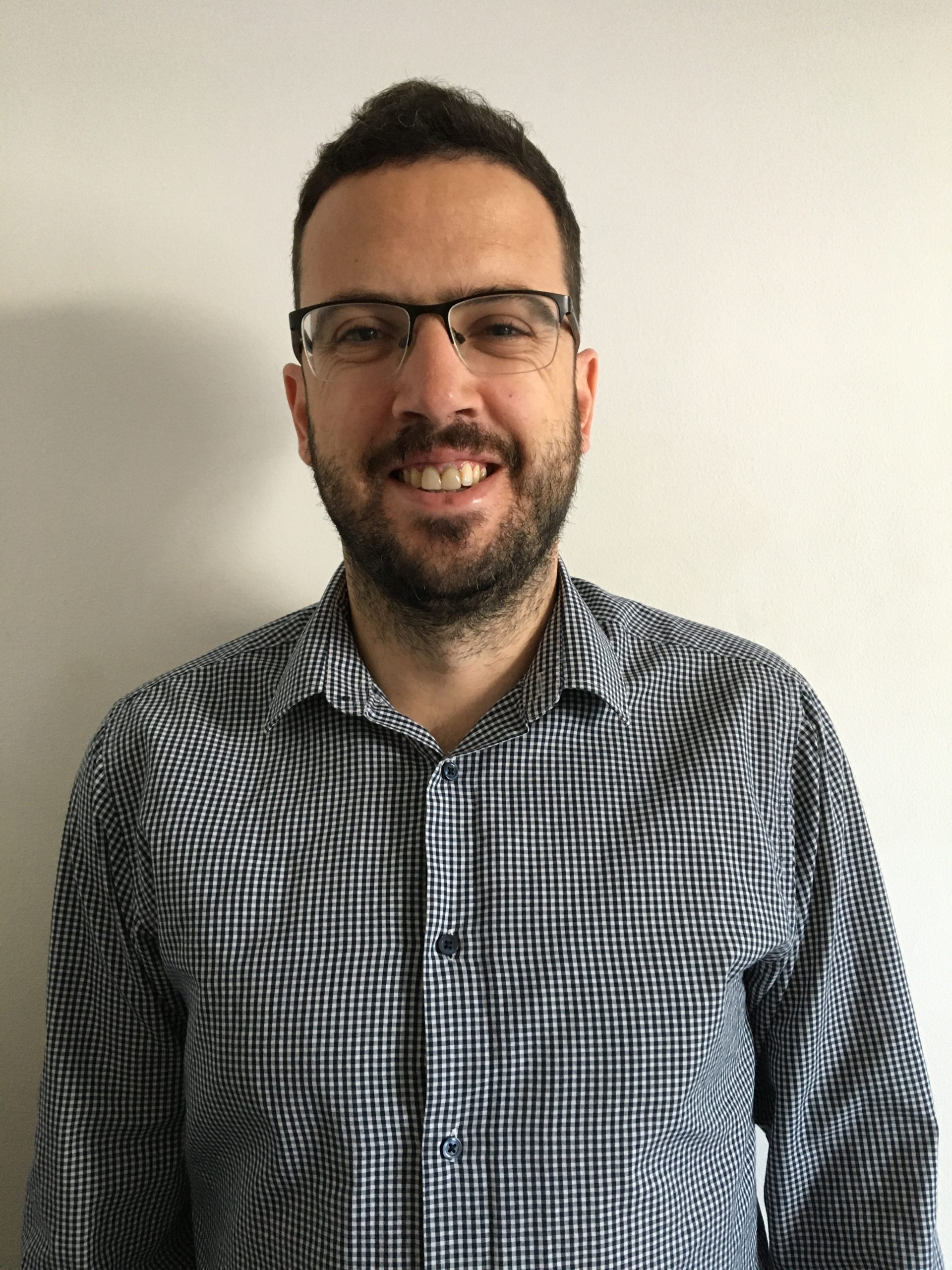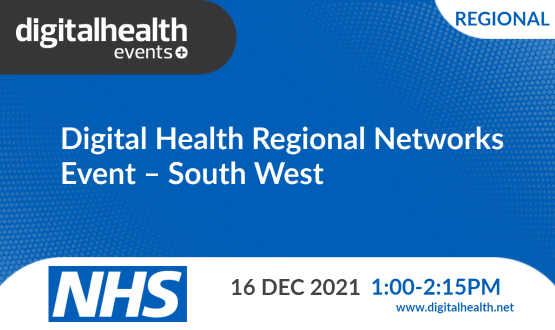-
16 December 2021
1:00 PM - 2:15 PM
Digital Health Regional Networks Events is a monthly programme of regional best practice events for NHS IT leaders, focused on sharing digital best practice underway in a particular NHS region.
These events build on the popularity of our Digital Responses to Covid-19 Webinar Series and best practice webinars and are designed to provide the opportunity for a wide range of NHS digital leaders to share local work and knowledge with others. The aim is to showcase and discuss best practice on digital health and data within a region of the English NHS. Each regional event will be extended best practice webinars split into two sessions, that blend short live presentations and open discussions from Digital Health Network members with panel Q&A. This event will focus on Digital Inclusion from across the North West.
PLEASE NOTE: This webinar is open to NHS, public, charitable sectors, academics, and network sponsors only. You will receive confirmation of your registration once this is confirmed.
Register nowAgenda:
13.00 – Welcome from the chair
13.05 – Latest development on PHR:
UHS has run a personal health record (The My Medical Record PHR) for a number of NHS organizations for around 8 years. This is based on a cloud PHR (the OpenPHR) and a mobile and desktop delivered to clinical and patient clients via content management configuration and some bespoke development. It is all hosted in Microsoft Azure apart from the integration that happens at the trust network layer. The system has gone through a number of iterations as the trade-off between clinical patient benefit in long term conditions was weighted up against common generic functionality in high volume areas, outpatients.
Recently having streamlined the base app to offer a common level of support UHS decided to offer an account to all service users and this is growing at around 5,000 users per month. In terms of lessons learned there is a lot of experience around pathology, letters and appointments that would be useful for others on a similar path. Clinicians access the data through the EPR at the trust. The NHS Login is now used for access, which has helped tremendously. The system is helping to deliver Patient Initiated Follow Up (PIFU), virtual wards, pre-operative assessment, and will deliver a paperless experience for contact with the health service.
Speakers:


13.15 – Transforming digital healthcare from a pandemic response to a business as usual offer:
Livewell Southwest implemented a virtual care platform for digital health in the month’s leading up to the pandemic. The pandemic caused the need for a rapid adoption of virtual care to enable Livewell to continue to offer care to their patients. During the start of the pandemic, 1,400 healthcare professionals were trained and unique offers were set up for the different departments. Virtual care quickly turned into a critical part of the service in order to help handle the challenges posed by the pandemic.
The quick adoption of virtual care has proven to offer a variety of benefits for the patients, staff, healthcare organisation and society, not only as a tool for the pandemic response but for care in general. So, the question is how do we use the lessons learned to transition into a business as usual offer, where digi-physical care can offer the best of both worlds?
Speakers:


13.25 – The Reasonable Adjustment Flag Project – an NHS Long Term Plan commitment:
Under the Equality Act 2010, organisations such as hospitals and GP surgeries must take steps (“reasonable adjustments”) to remove the barriers individuals face because of disability. As part of the NHS Long Term Plan, by 2023/24, a ‘digital flag’ in the patient record will ensure staff know a patient has an impairment, such as a learning disability, autism, or a long-term condition. Hear from the national project team and from South West London CCG as this important project is rolled out across the UK.
This session will help you understand:
– What does the flag do?
– How a flag can be accessed.
– What progress had been made in early adopter sites in the South West.
– How to get involved in this project.
Speakers:
– Sharai Chitando, Senior Health Improvement Lead – National Learning Disability & Autism Programme, NHS England & Improvement
– Lindsay Cox, Senior Project Officer, Bristol, North Somerset and South Gloucestershire Clinical Commissioning Group
– Carol Gray, Senior Operational Manager Learning Disabilities, Devon Partnership NHS Trust
– Philip Howe, Devon Partnership NHS Trust


